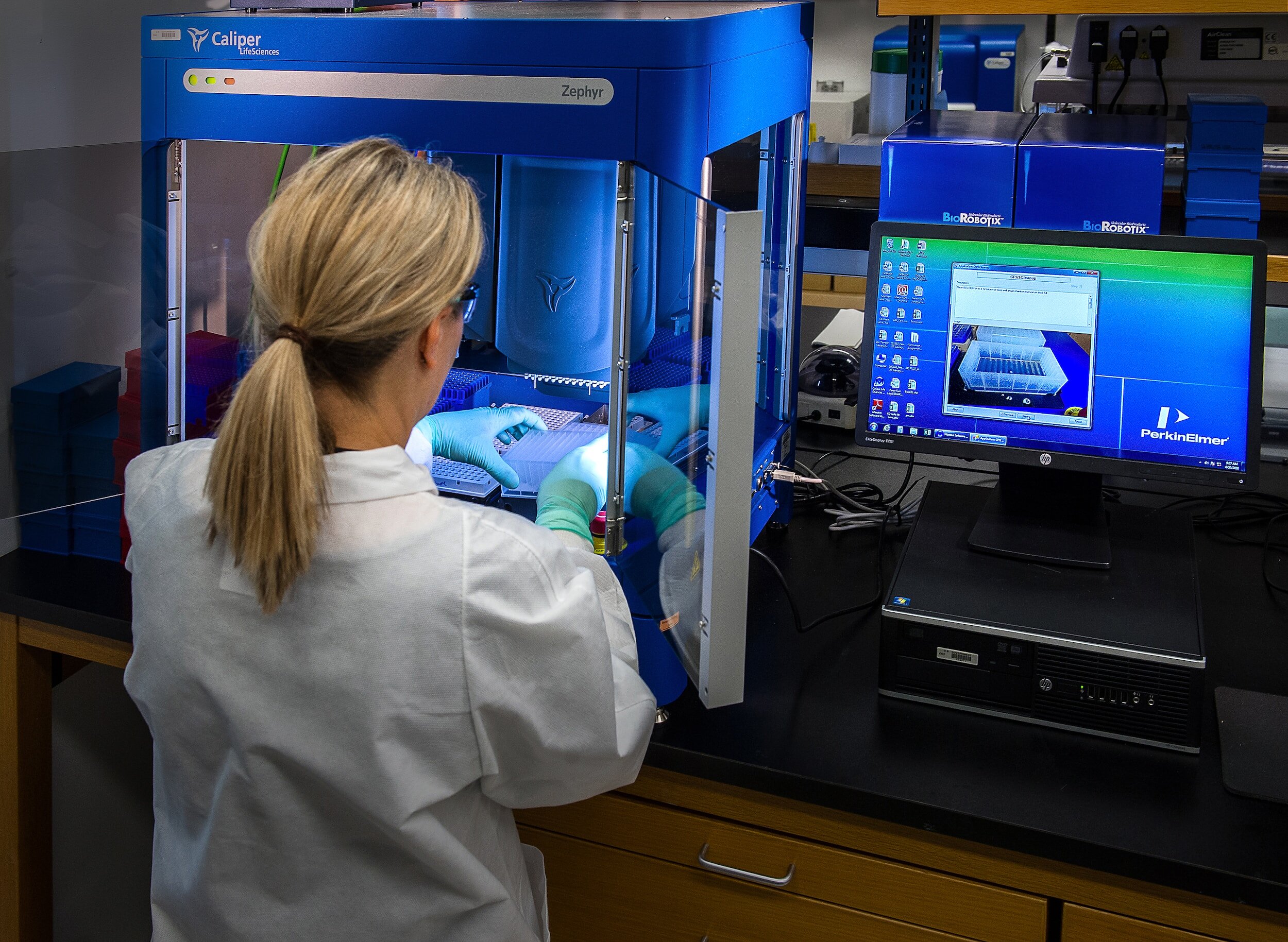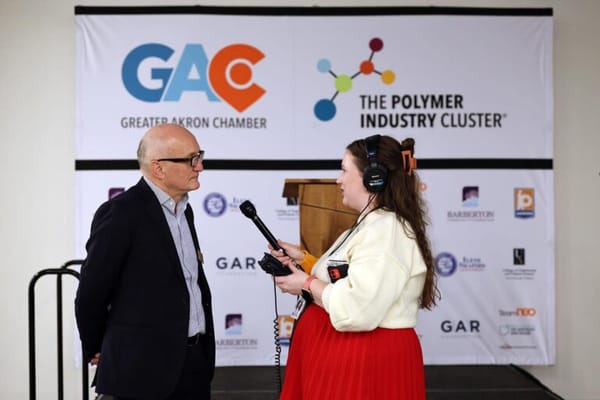Ohio builds on healthcare innovation legacy with big 2023


Last month, Columbus-based BioTech startup Forge Biologics announced a deal to be acquired for $620 million. That’s an eye-popping exit for a company founded just three years earlier. It also represents a feather in the cap for Ohio’s world-class ecosystem for healthcare innovation.
Forge, which develops and manufactures gene-therapy drugs for rare and serious diseases that lack conventional medications, announced the all-cash sale to Japan’s Ajinomoto Co., saying the deal would help expand its global business of helping innovators manufacture genetic medicines.
“Our teams share a commitment to investing in innovation that helps our clients succeed in delivering therapies to patients in need,” said Timothy J. Miller, Ph.D., CEO, President, and Co-founder of Forge. “We set out to build a company with a mission to enable access to life-changing discoveries, and this transaction will support us in advancing that mission into our next global stage of development to expand our capabilities and platform for the benefit of our clients and their patients.”
Forge employs about 330 workers in Columbus, where its 200,000-square-foot manufacturing facility is located.
A total of $306 million in venture capital funding from the National Institutes of Health in 2022 helped make Columbus one of the fastest-growing life science markets in the U.S. In fact, Columbus tops the list of emerging hubs for bioscience researchers, followed by Cincinnati, according to CBRE.
“The continued commitment of our institutions and economic development partners to invest in our innovation districts and the progress our companies are making on developing life saving treatments and innovative devices gives me more confidence than ever that Ohio will solidify its place as a key destination for this industry in 2024," added Eddie Pauline, President and CEO of Ohio Life Sciences. OLS is Ohio’s life sciences industry trade association, representing an industry that includes more than 4,200 organizations statewide.
But it’s more than just the life sciences that make Ohio a hotbed for healthcare innovation. Ohio has all the pieces, from world-class children’s hospitals and higher education institutions to technology startups and supply chain service providers.
Here are some recent developments on Ohio’s healthcare innovation front:
- Ohio State University’s $1.1 billion Innovation District, Carmenton, is being built out as a place for early-stage and established businesses to develop talent, quicken commercialization and increase spinouts. One of the first new buildings opened this year is a 305,000-square-foot laboratory called the Interdisciplinary Research Facility (IRF). The IRF has 18 research areas including gene therapy, Alzheimer’s disease, AI, neuro engineering, and immuno-oncology.
- University Hospitals’ new Haslam Sports Innovation Center in Cleveland is leading groundbreaking research in wearable technology, regenerative medicine, and more.
- Dayton Children’s Hospital is opening a $110 million behavioral health facility as part of a wider transformation of its campus that has seen more than $375 million in new investment.
- Nationwide Children’s Hospital, in Columbus, was named an authorized treatment center for CASGEVY, a revolutionary new gene therapy for the treatment of sickle cell disease. Nationwide Children’s is one of only a handful of facilities in the U.S. to receive Vertex Pharmaceuticals’ designation.
- Cincinnati Children’s Hospital is using a $2.7 million gift to expand its use of virtual surgical planning technology and collaborate with teams worldwide in a virtual environment. The team can create anatomically identical “digital twin” hearts to interact in an immersive, 3D space, allowing doctors to view a 3D replica of their patient’s heart.
- MetroHealth, in Cleveland, received a $5.7 million grant from the National Institute on Minority Health and Health Disparities to evaluate the effectiveness of an innovative app that serves people ages 13-34 living with HIV.
- Cardinal Health, a Fortune 20 company headquartered in Dublin, introduced SmartGown breathable surgical gowns that allow surgeons to safely and conveniently access instruments in the operating room.
- VPL, a Westerville-based provider of healthcare supply chain software that last year received a significant PE growth investment, introduced a dashboard to support pharmacy distribution accuracy.
- The NeuroTech Institute, launched in 2023, is a partnership between The Ohio State University and Battelle to create an independent state-of-the art neurotechnology accelerator focused on treatments for patients with neurological disorders based in Columbus.




